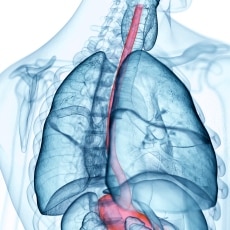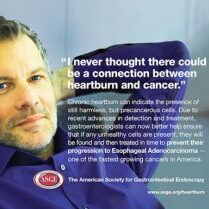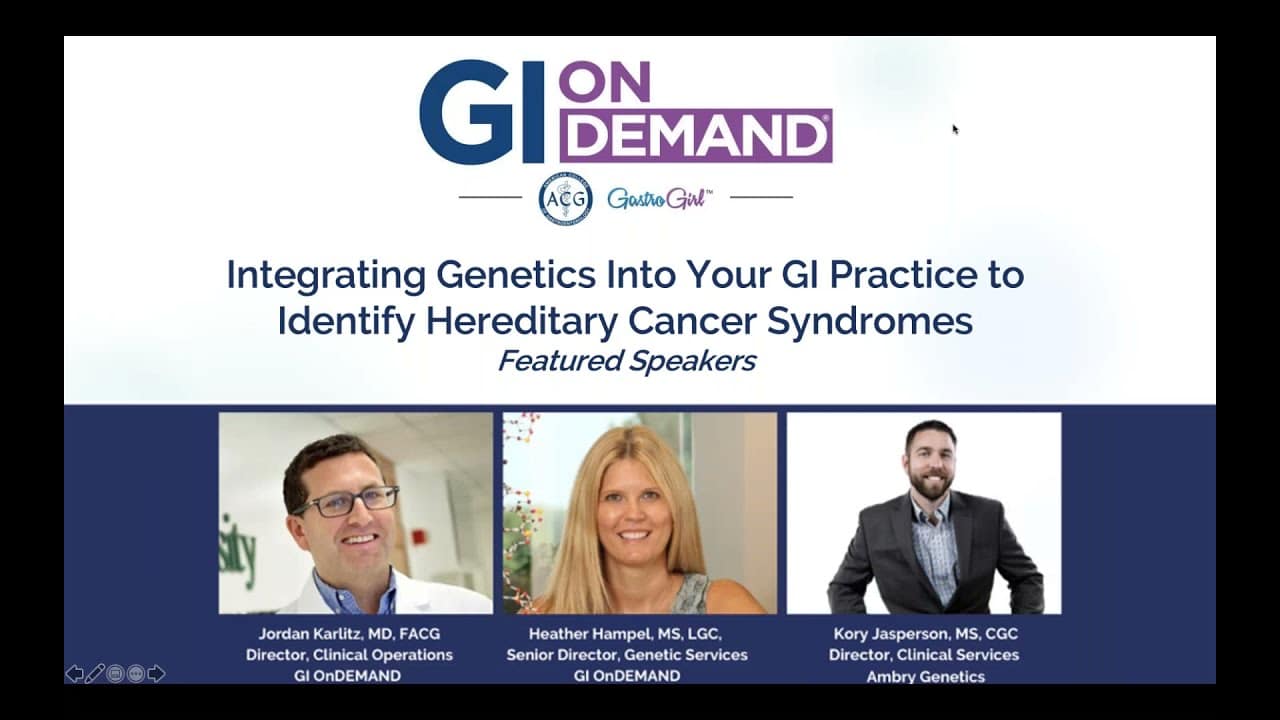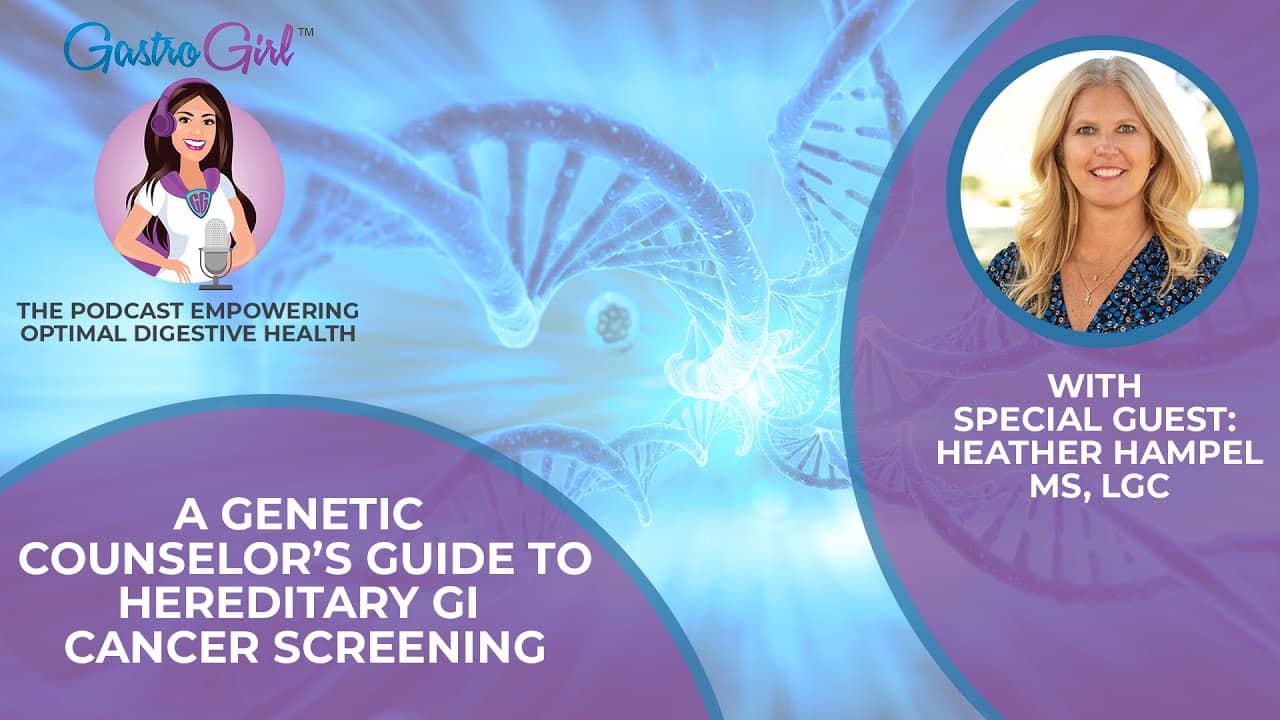
Esophageal Cancer

Summary
The esophagus is a hollow tube that carries food and liquids from your throat to your stomach. Early esophageal cancer usually does not cause symptoms. Later, you may have symptoms such as:
- Painful or difficult swallowing
- Weight loss
- A hoarse voice or cough that doesn’t go away
You’re at greater risk for getting esophageal cancer if you smoke, drink heavily, or have acid reflux. Your risk also goes up as you age
Your doctor uses imaging tests and a biopsy to diagnose esophageal cancer. Treatments include surgery, radiation, and chemotherapy. You might also need nutritional support, since the cancer or treatment may make it hard to swallow.
NIH: National Cancer Institute
Source: MedlinePlus, National Library of Medicine.
MedlinePlus brings together authoritative health information from the National Library of Medicine (NLM), the National Institutes of Health (NIH), and other government agencies and health-related organizations.
Esophageal Cancer
Society of Thoracic Surgeons
Esophageal Cancer
National Cancer Institute
General Information about Esophageal Cancer
National Cancer Institute
What Is Cancer of the Esophagus?
American Cancer Society
Esophageal Cancer Screening
National Cancer Institute
Stages of Esophageal Cancer
National Cancer Institute
Tests for Esophageal Cancer
American Cancer Society
Understanding Esophageal Dilation
American Society for Gastrointestinal Endoscopy
Upper GI Endoscopy
National Institute of Diabetes and Digestive and Kidney Diseases
Upper GI Series
National Institute of Diabetes and Digestive and Kidney Diseases
Drugs Approved for Esophageal Cancer
National Cancer Institute
Supportive Therapy for Esophageal Cancer
American Cancer Society
Treatment Option Overview (Esophageal Cancer)
National Cancer Institute
Listen to our
latest Podcast!








